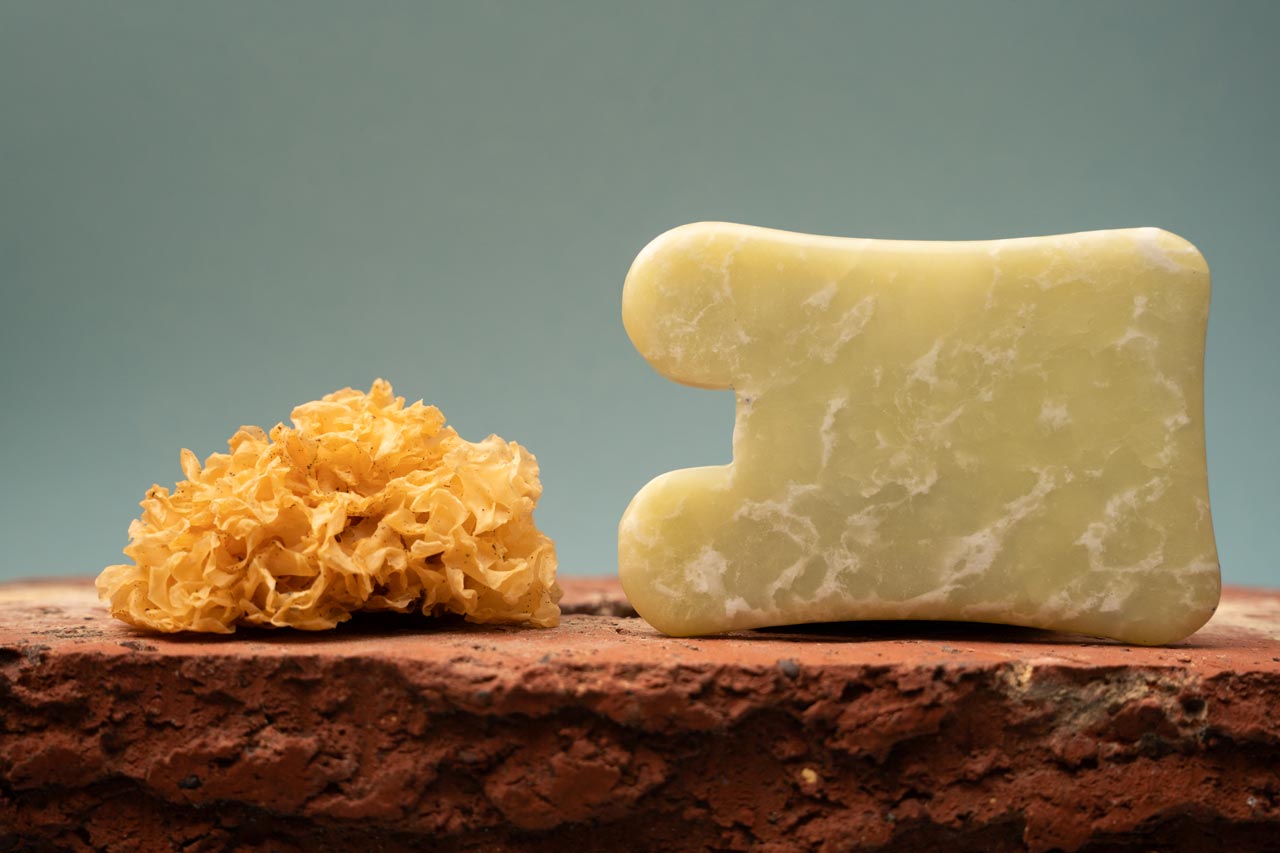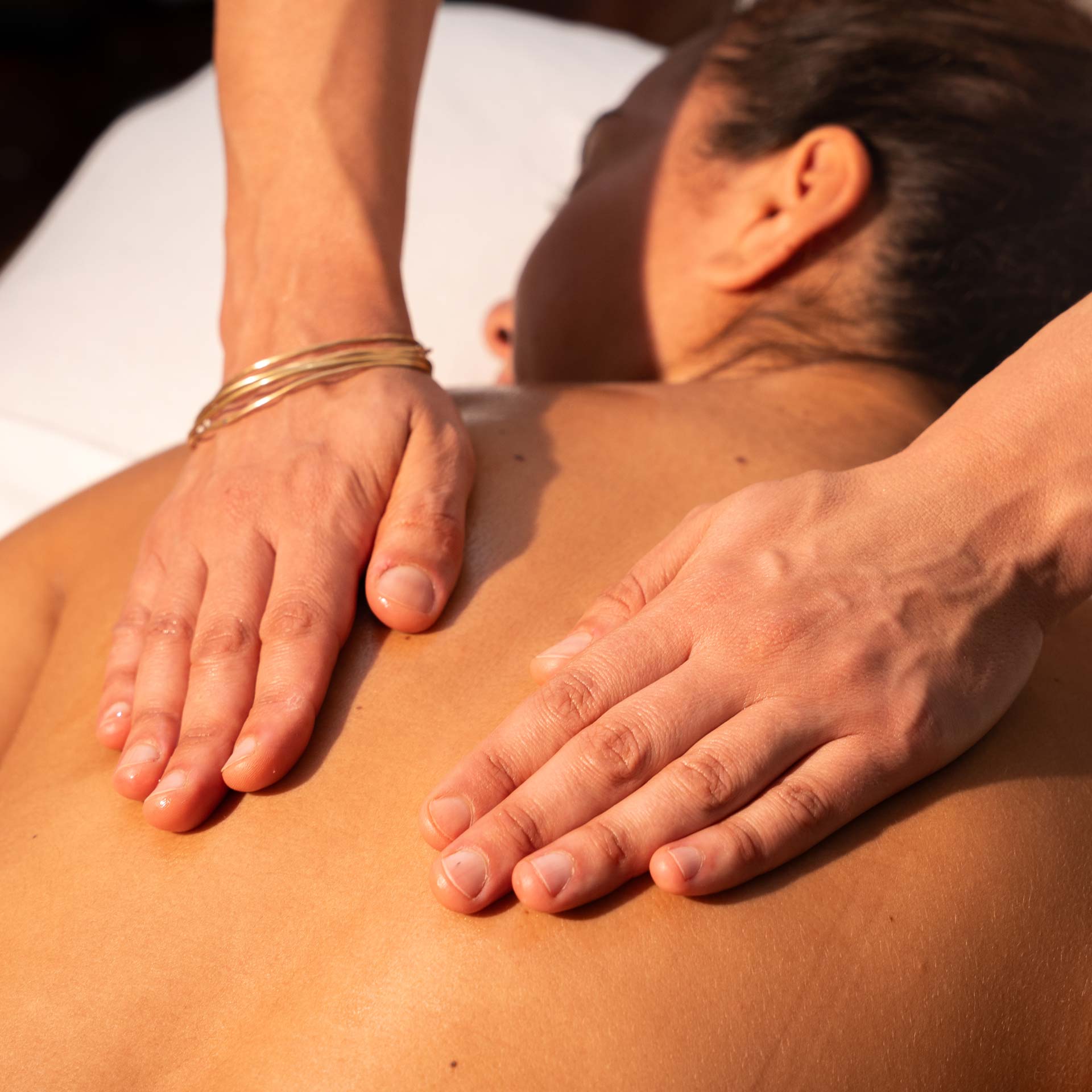Chi house clinic
Treatments
Chi house clinic leads the way in Acupuncture, Chinese herbal medicine, craniosacral therapy and somatic bodywork for pain management. We provide targeted support for a wide range of pain and musculoskeletal injuries, helping clients regain movement, reduce discomfort, and restore function.
-
Acupuncture
Regular price From $139.00 AUDRegular priceUnit price / per -
Acupuncture combined with Craniosacral Therapy
Regular price $249.00 AUDRegular priceUnit price / per -
Buccal, TMJ & Lymphatic Facial Massage
Regular price From $250.00 AUDRegular priceUnit price / per -
Cosmetic & Medical Acupuncture
Regular price From $180.00 AUDRegular priceUnit price / per -
Medical Qi Gong
Regular price $80.00 AUDRegular priceUnit price / per

Pain is purely a symptom of a deeper imbalance in the body
The body is communicating to us for good reason, and if we don’t listen it will only get louder. At chi house clinic we look at the whole picture and dig deeper than the symptoms, to get to the root cause. We take time to consider your medical history, mood, sleep quality, digestion, and much more. From this information, we tailor a pain management treatment plan specific to your needs.
Our treatments may assist you with
Conditions we treat
Pain Conditions
- Back and lower-back pain
- Frozen shoulder
- Arthritis
- Fibromyalgia
- Neck pain
Musculoskeletal Injuries
- Bicep tendinopathy
- Achilles tendinopathy
- Ankle Injuries
- Shoulder impingement
- Rotator cuff injuries
- Knee meniscus or ligament damage
- Bursitis
- Tendonitis
- Post-operative recovery and rehabilitation
Soft Tissue Conditions
- Hamstring strains
- Tennis elbow
- Golfer's elbow

Chi House Clinic a special interest in treating musculoskeletal injuries with acupuncture and Chinese herbal medicine
We recommend getting all your investigations prior to your session. We have many years of training in treating musculoskeletal pain with acupuncture. We expect to see some results (pain reduction and improved range of motion) in one session. How many treatments are required depends on the type of injury, whether it’s acute or chronic, and your overall state of health.
Your body is an incredible self-healing device, and acupuncture and Chinese herbal medicine work at restoring this ability and in rewiring the pain neurons and altering the chemicals involved in this process.
Different categories of pain
Almost everyone has experienced some form of pain, but what exactly is pain?

What exactly is pain?
The most reliable definition is by the International Association for the Study of Pain. They describe pain as “an unpleasant sensory and emotional experience associated with actual or potential tissue damage”. Although pain is an important physiological function, acting as a warning sign of damage, this mechanism can become unregulated. When this is the case our quality of life is greatly diminished and many times it affects our mental and emotional health. Different categories of pain include:
Acute injury
Involves a sudden onset, such as an accident resulting in a sprain or broken bone. The nature of this pain is sharp and swollen.
Chronic pain
Pain that persists more than 3 months. This kind of pain often presents as lower back pain, arthritis, and migraines, just to name a few. This kind of pain impacts normal daily life, and many times requires consistent management.
Auto-immune inflammatory pain
The body attacks its own tissue, which leads to chronic inflammation and then pain.
Organ pain
This kind of pain is arising from the organs and is often sharp. Most commonly presents as appendicitis, irritable bowel syndrome (IBS) cramping and kidney stones.
Emotional pain
Depression, anxiety, grief, anger and discontent, are all states that reduce the quality of life.
FAQS
With these natural pain treatments, how long do I have to wait till I see results?
This greatly varies according to the individual case. Variable factors to consider are the kind of pain being treated and state of individual health. Generally, acute conditions respond to treatment faster, whilst chronic issues may require more sessions. Consistent treatment and adhering to a personalised treatment plan are important factors in achieving more efficient results.
How often should I have acupuncture for pain?
This depends on the type of pain and its duration. However, in general, we recommend 1 x weekly sessions for the first month or so, and then more spread out after that. In some cases of more chronic and intensely severe pain, we recommend twice weekly. We construct a treatment according to your personal needs.
What makes your approach to pain management different?
At Chi House Clinic, we treat pain as a signal, not just a symptom to suppress. Our sessions go beyond surface-level relief by addressing the deeper physical, emotional, and energetic imbalances that contribute to pain. By combining classical acupuncture, somatic therapies, and Chinese herbal medicine, we support your body’s natural healing processes and create sustainable, long-term improvements.
Can you treat pain even if I’ve tried everything else?
Yes, we often work with clients who have already explored multiple treatment options with limited success. Our trauma-informed, whole-body approach looks at your unique history, lifestyle, stress levels, and how your nervous system is functioning. By tailoring treatment to your system, we often uncover contributing factors that may have been missed in more conventional care models.
Do I need a diagnosis or scan before booking?
No formal diagnosis is required to begin treatment, though if you already have scans, imaging, or medical reports, they may help guide your treatment plan. We conduct a detailed intake process that includes discussion of your medical history, pain patterns, emotional wellbeing, and other contributing factors to ensure your treatment is safe, targeted, and effective.





